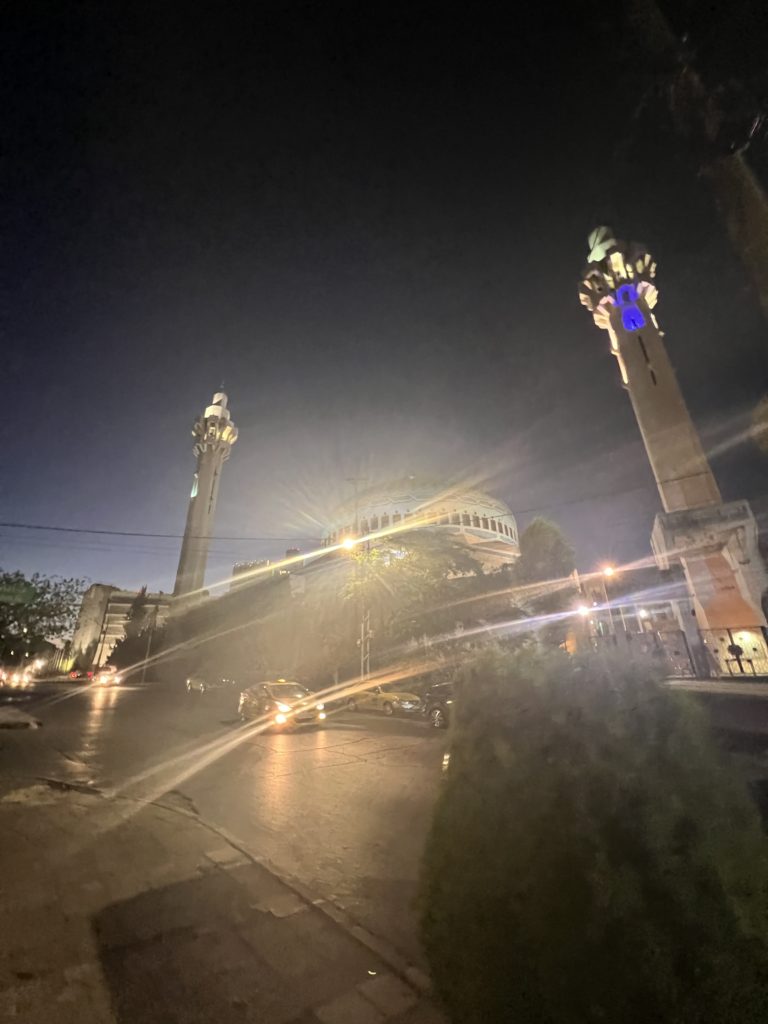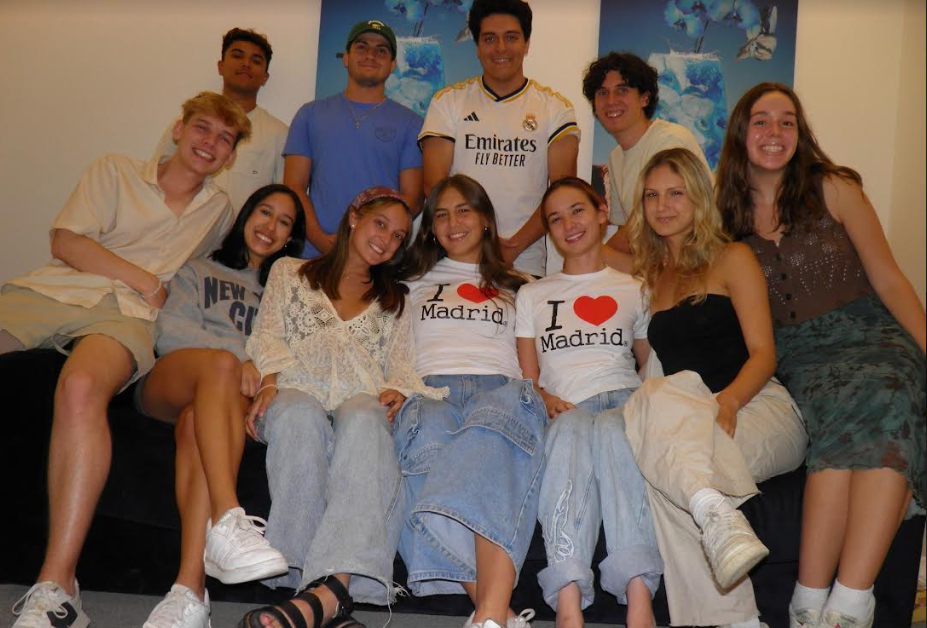
It was very interesting looking at Hofstede’s insights and comparing Jordanian culture with American culture. A lot of things I saw in Jordan were confirmed and anchored to a cultural dimension with this exercise. Jordan is a very religious state and a monarchy and it is interesting to see how this impacts its culture when comparing it to the United States. Jordan and the US have very different scores in the individualism category, with the US ranking 91% and Jordan 30%. Thus, Jordan is considered a collective society and I witnessed this firsthand. The Islamic religion is the central factor that unites most Jordanians. They go to the mosque several times a day to pray and this catalyzes this collective culture. It is normal for several generations of a family and extended family to live under the same roof. I asked many people why I did not see homeless people on the streets of Jordan. They all responded: “It is because Jordanian families look out for each other.” In the US individual autonomy is encouraged, however, in Jordan each person has a role in the family unit and this helps them achieve the status quo. The men work to make money, the women raise the children and do work around the house, and the children get an education. In the US these strict roles are not as prevalent. This is the way that things went in Jordan, so when I asked if there was flexibility in these roles and if women could do other things, the overwhelming answer was no. Even with little things like sitting in a taxi women were always expected to be quiet and sit in the back, and a man was to sit in the front seat. It was very interesting to see how people from the Jordanian orientation view looked down on those from the Western orientation view and saw it as disorderly.
I had to adjust my attitude and expectations slightly to conform to this collective society. I had to wear modest clothing and be mindful of the customs in this society. I refrained from sharing my Western views and learned to appreciate the harmony of this collective society. I was shocked to see that the US was ranked high on the masculinity index and Jordan was ranked as a feminine society. I disagree with this because the foundation of Jordanian society was family, and the foundation of the family was a man. Especially because Jordan is a monarchy, people value the King and Prince overall. Many of the females in my program stated that they would not like to be a woman in Jordanian society because of the lack of autonomy. My professor ( a woman) even said, “If a woman has a choice between university and a husband, she should choose to get married and have a family.” So, because of these experiences, I would say that Jordan is absolutely not a feminine society.
While I was shocked by some of these customs and rigid beliefs, I was not upset or angry. Many Jordanians were not upset with this hierarchical structure and thought that it was the right way of doing things. They found peace and harmony in this, so for them I was happy. Additionally, there are laws in place that protect this hierarchal structure. So, even if they tried to move away from it, it would be very difficult. This is how they maintain peace and order in their society and for them it works. I found the streets of Jordan to be free from violent crime and very safe. It seems that how they organized their society kept them peaceful and free from conflict. I think big conflicts stayed and were resolved within families. It was an amazing experience getting to live and learn about this culture. It helped me learn that there are different ways of organizing society, and each comes with its own strengths and weaknesses.








